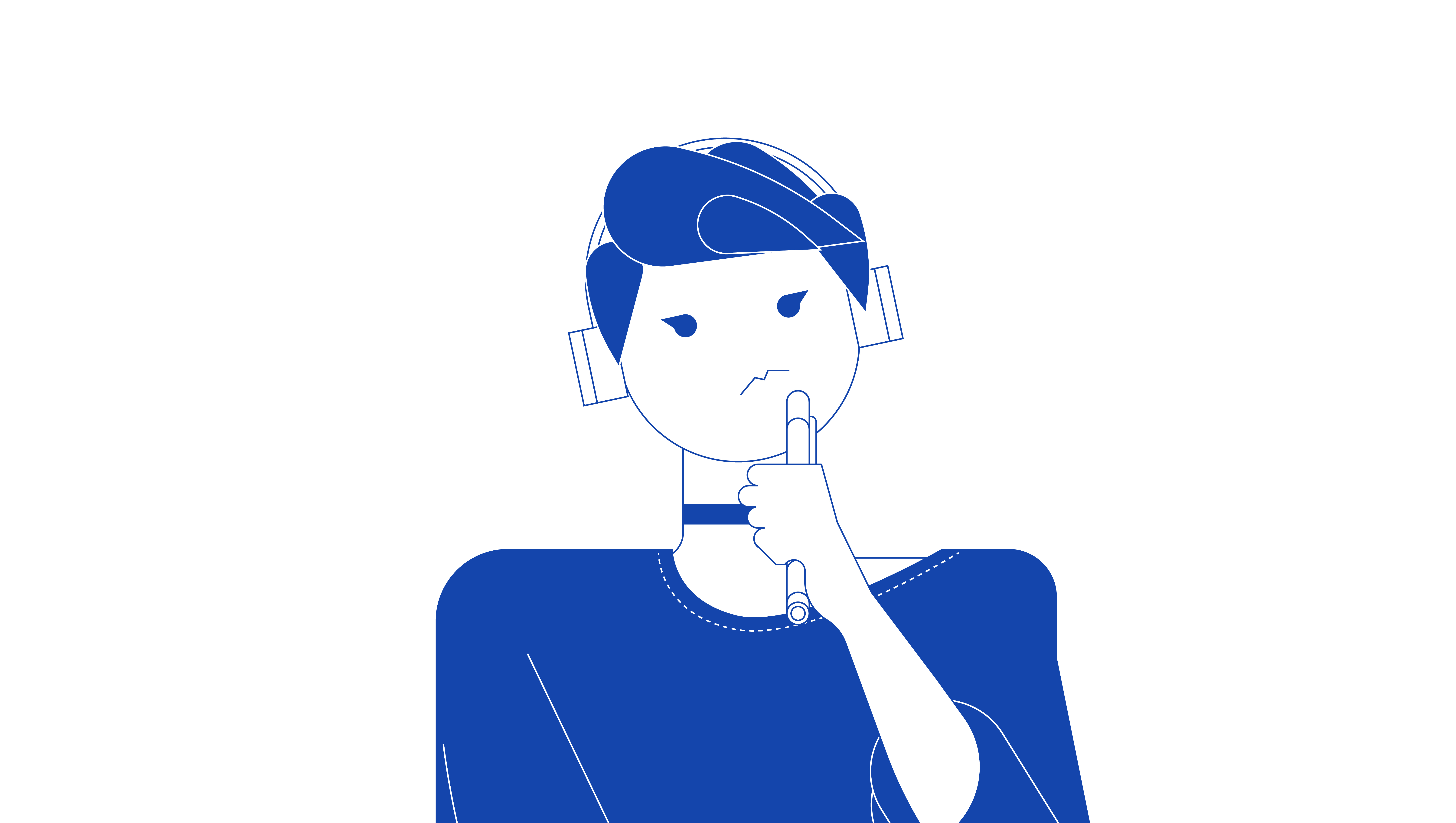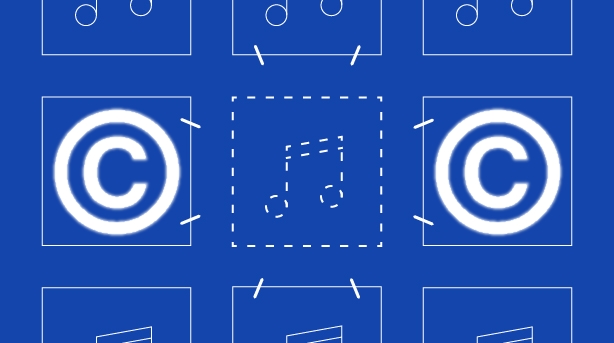What does owning your masters mean?
What does “masters” mean? Let’s explore master recordings and what you need to know about them as an artist.
What does it mean to own your masters? Not altogether clear what “masters” have to do with music in the first place? Read on to learn who owns the master recording of a song, how they fit into record label contracts, and who gets master recording royalties.
What are master recordings?

Master recording means the original version of a song, sound or performance. Everything subsequent comes from this one sound recording – the master recording or “masters.”
If you’ve written and recorded a track, it’s the song file you have on your computer. As soon as its in a format that can be reproduced, it’s copyrighted, and you can claim ownership of it.
When you own your masters, you have total legal control over what is done with the recording – and any financial gains from it, too. You can license your song for use in films, TV, advertising and for sampling by other artists, and collect the royalties afterwards.
Master recording copyright is held by the performing artists and often their record label.
Record label contracts
In a traditional record contract, a record label often owns the masters of all the songs created in the duration of the deal. If your masters are owned by a label or other party, they have the legal right to license out the sound recording and collect revenue, without having to ask your permission.
Taylor Swift for example is currently re-recording her old albums as a way of regaining creative control after her master recordings were sold without her consent.
Under most label contracts artists only start making sound recording royalties after you’ve earned back your advance – a loan labels give artists in exchange for signing away your rights to your masters. The label has to recoup the costs involved with professionally launching you as an artist.
You need to be sure that what the label is offering is going to work for you. Things like reaching broader audiences, publicity for your music, and a marketing budget. If the record label can’t offer you help for your career that you wouldn’t be able to achieve by yourself, don’t make a rash decision to sign away your masters.
Because when you own your masters, you have full creative control over your music. That’s what being an independent artist is all about.
It might be hard work – everything’s more of a gamble without someone else’s money behind you – but you don’t have to wait around for someone to tell you what to do. That’s the motivational spirit we love at RouteNote.
How to own your masters
With RouteNote’s digital distribution you can release your music whenever you want, for free, and keep ownership of your masters. You have total control over your music, forever.
We’ve partnered with all the major streaming services and stores to get your songs onto Spotify and Apple Music, as well as offering social media monetisation so you can make money when your tracks are used on platforms like TikTok.
Free distribution from RouteNote lets you upload unlimited tracks to streaming services and stores. There’s no complicated contracts to sign – you keep 85% of all royalties you earn when people listen to your songs online. We also offer Premium distribution, letting you keep 100% of revenue for a small fee.
You can switch between Free and Premium at any time and come and go as you please, because you’re never tied down and you’re free to do whatever you want with your music.
